The Arabic Club learned five words in four different Arab dialects – including Fusha Arabic, Moroccan Arabic, Egyptian Arabic and Levantine Arabic – during its first meeting of the year on Jan. 16.
Club members learned how to say words such as tomato and shoe in the four dialects. According to junior and member Laila Hakki, highlighting the diversity of the Arabic language is important for the school community.
“Learning the different dialects lets us know how diverse the Arabic culture and people are,” Hakki said. “I speak Levantine Arabic, but I really enjoyed learning how people say various words in other Arab nations. It lets us appreciate the identity and richness of the Arabic language itself.”
Junior and Vice President Rustin Golshan said that it is important to inform people that Arabic is not just one monolithic language.
“Arabic is a very diverse language,” Golshan said. “It’s not like English where only the accents are different when going from the UK to the United States. The various Arabic dialects have developed into their own, pretty much separate things.”
For junior and President Fahed Rimawi, the different accents do make the dialects different, but the language also varies a lot depending on the region itself.
“For example, a person from Morocco wouldn’t necessarily be able to smoothly communicate with a person from Palestine,” Rimawi said. “There are some commonly used words, and others that are drastically different.”
Although there are many various dialects, there is one that is universally accepted in the Arab world.
“Fusha Arabic is the original where everything comes from,” Rimawi said. “It’s the way that the language is written; the Quran is written in and it’s where all Arabic derives from.”
Fusha Arabic originated in Yemen and moved as Islam spread throughout North Africa and the rest of the world.
“As you spread out, the language would adapt differently to the languages that were already in that region, and they would change Arabic,” Rimawi said. “For example, you see in Iran, they have the Arabic alphabet, but they don’t speak the language.”
To get involved in the Arabic club, join their Remind @arabiclub1.


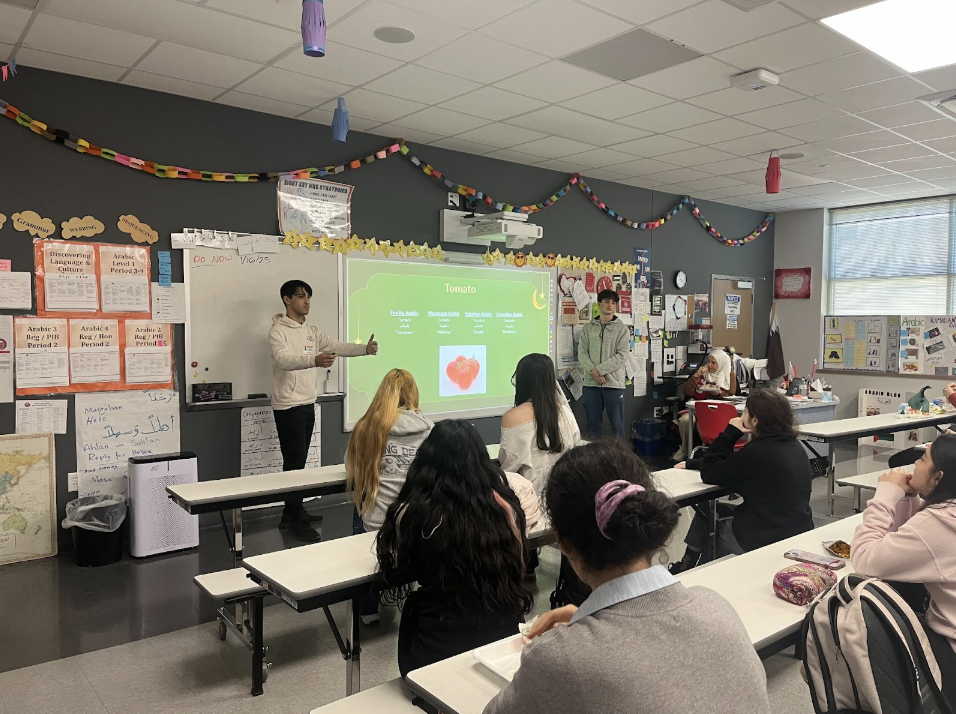
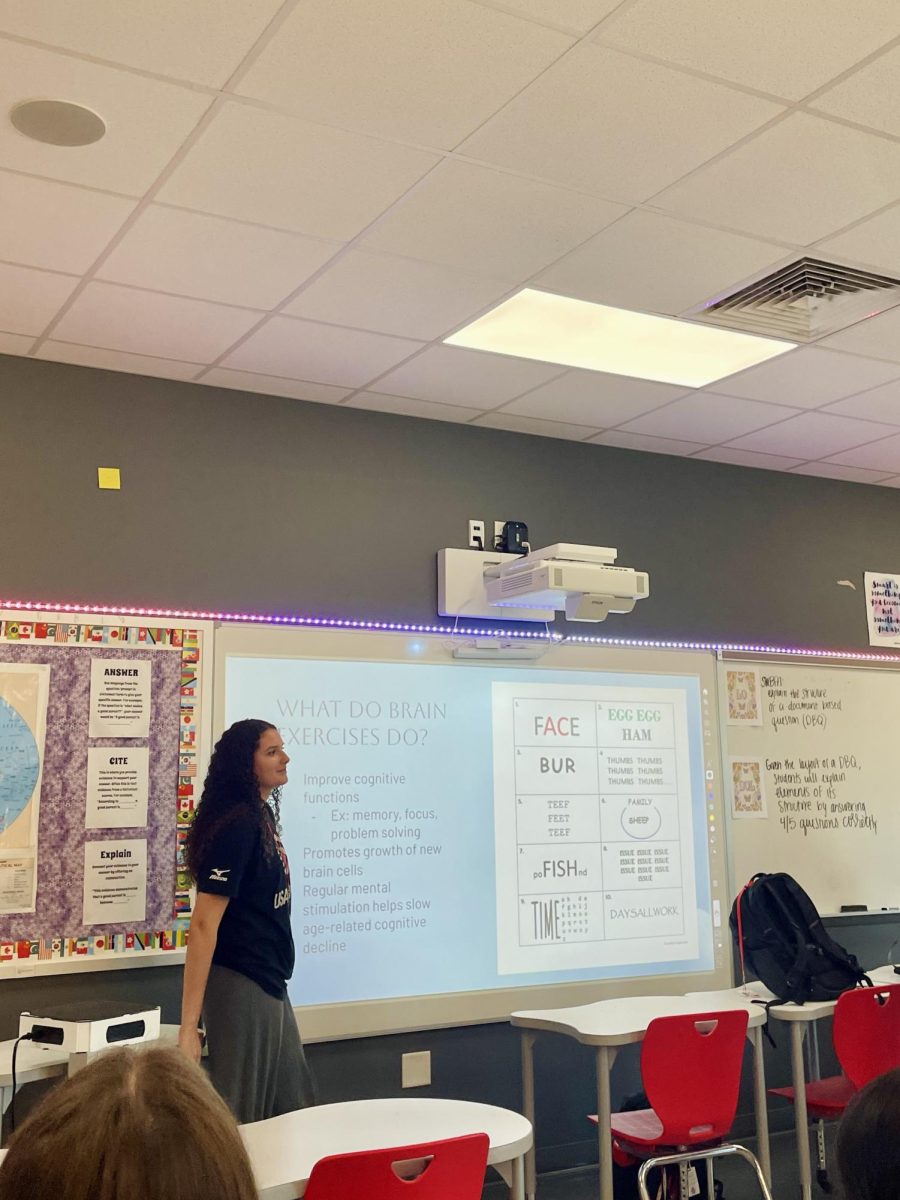
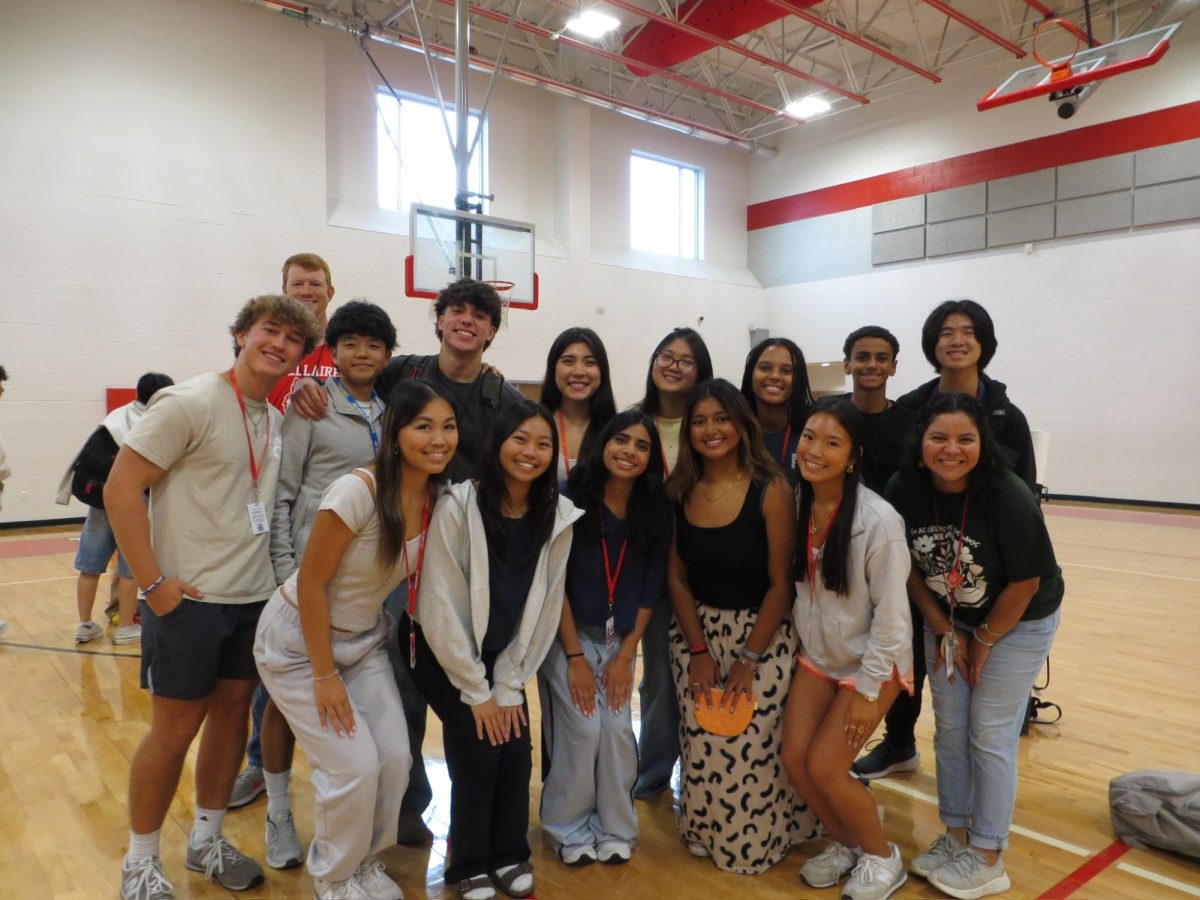
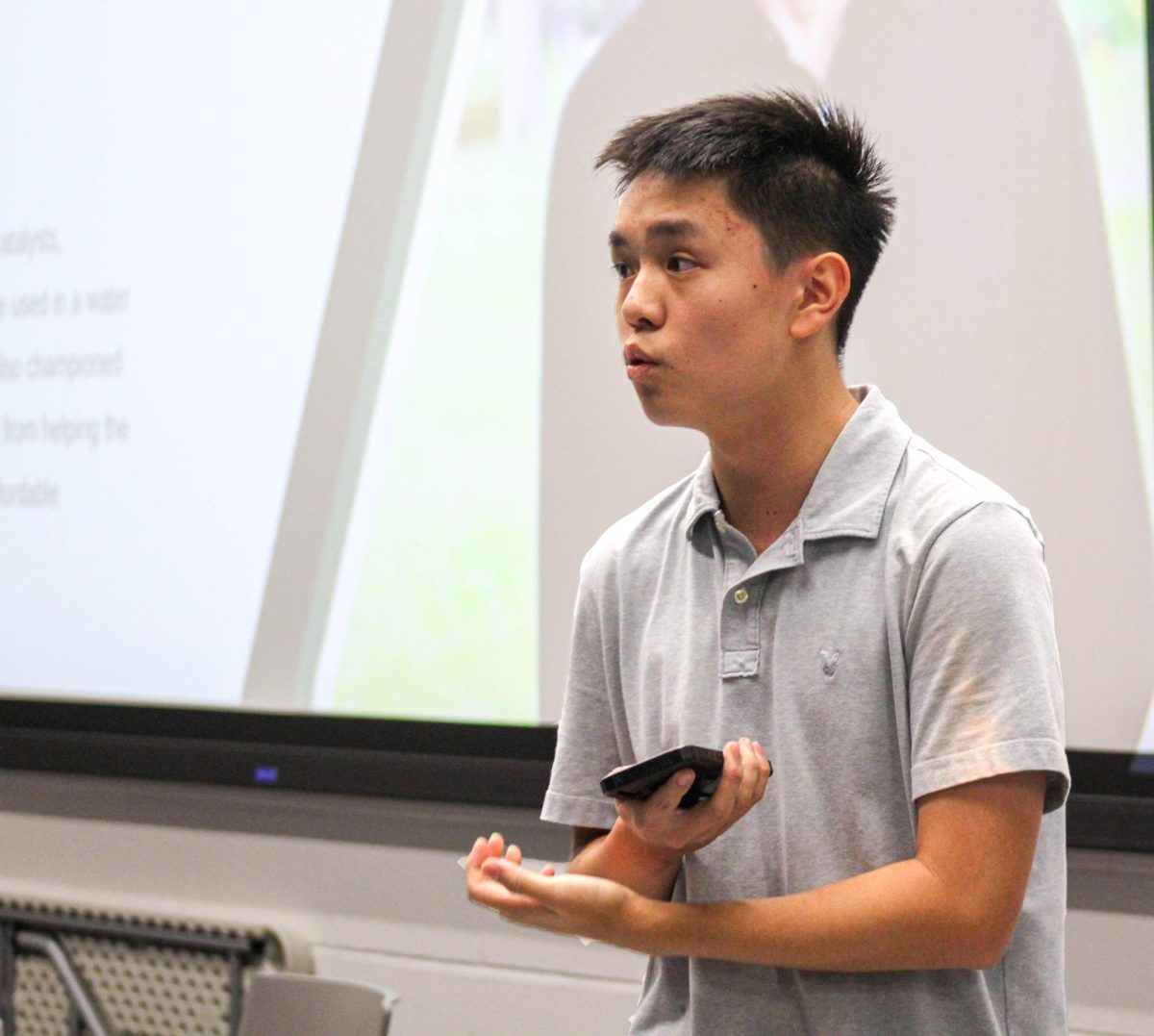
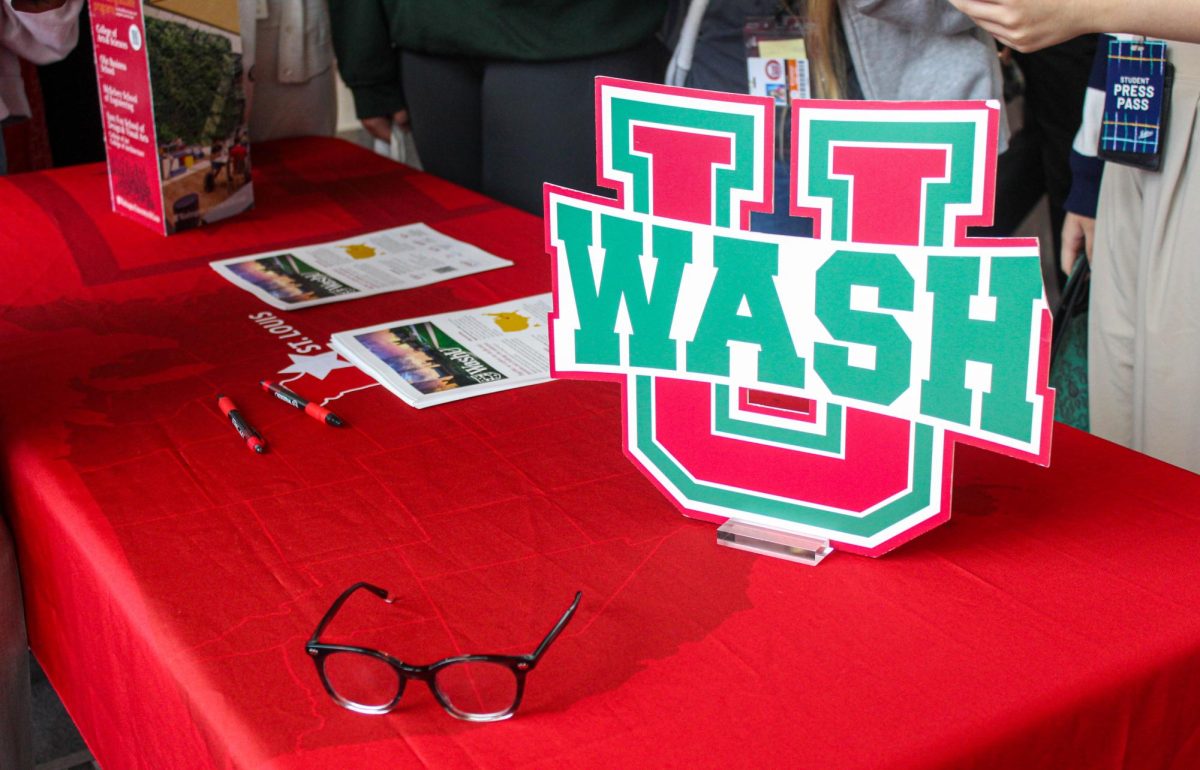

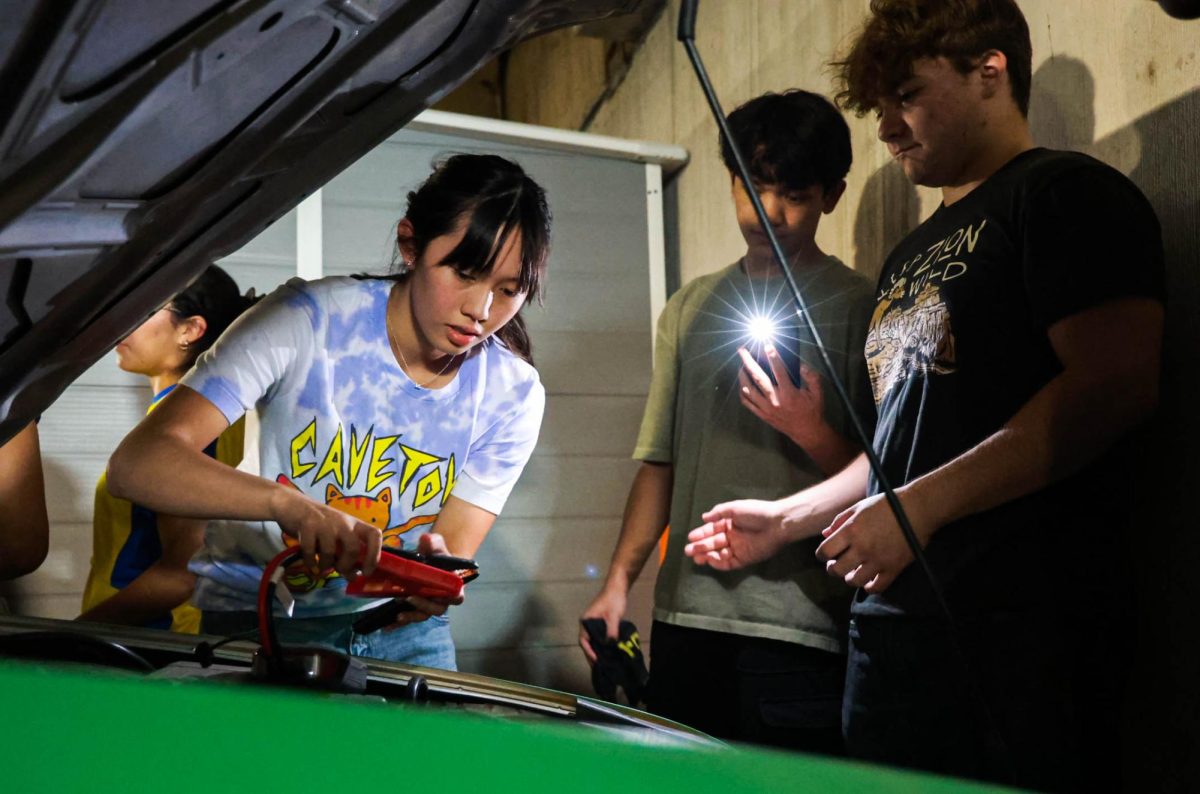
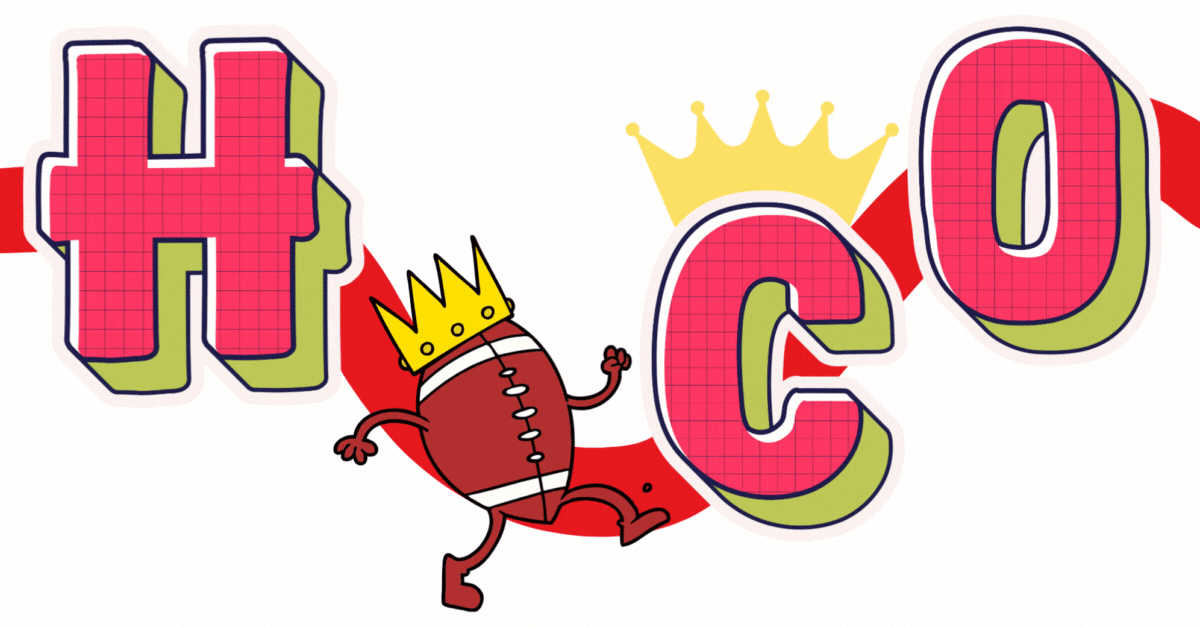
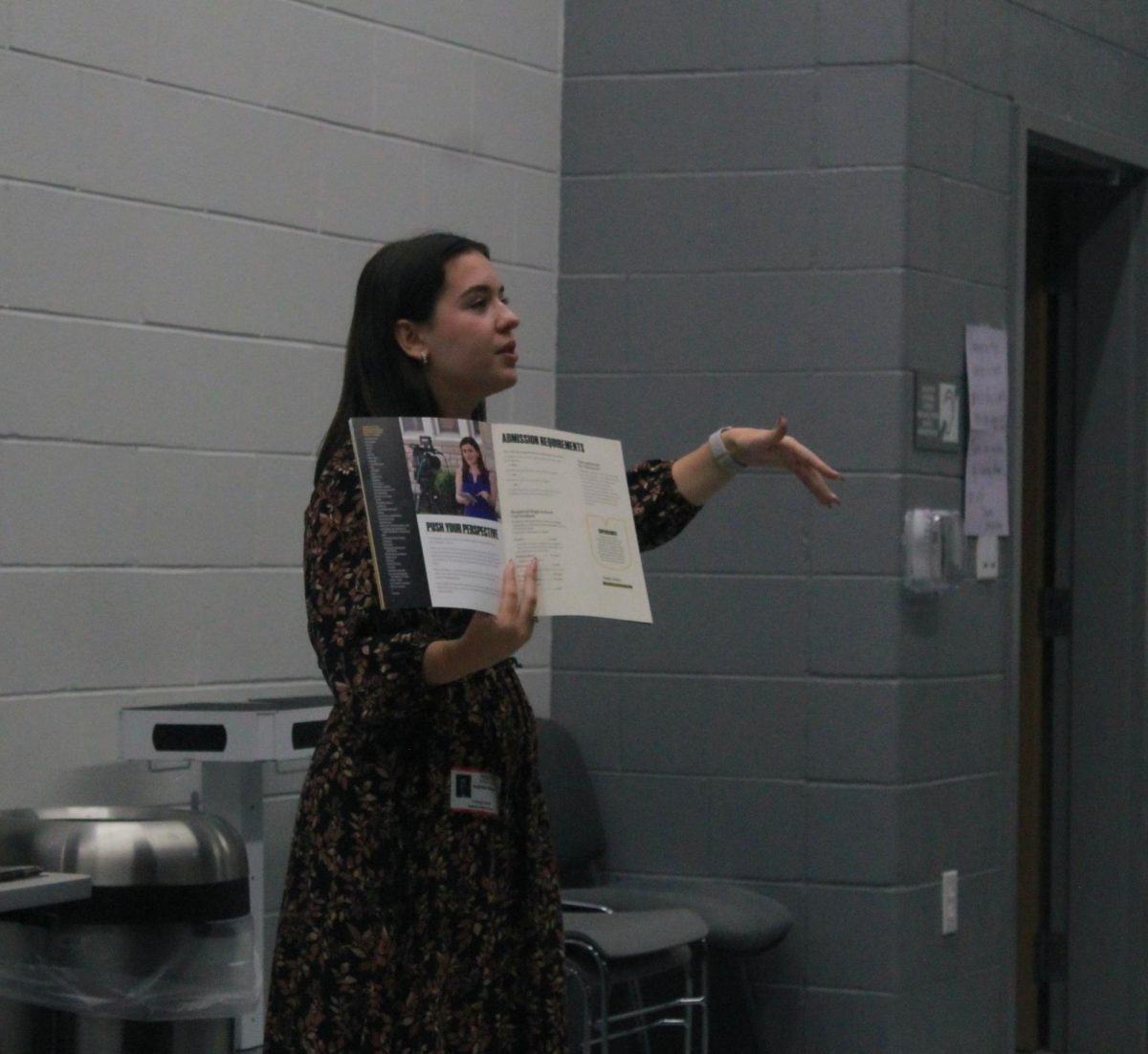
Ishani • Jan 23, 2025 at 7:58 pm
Great story!